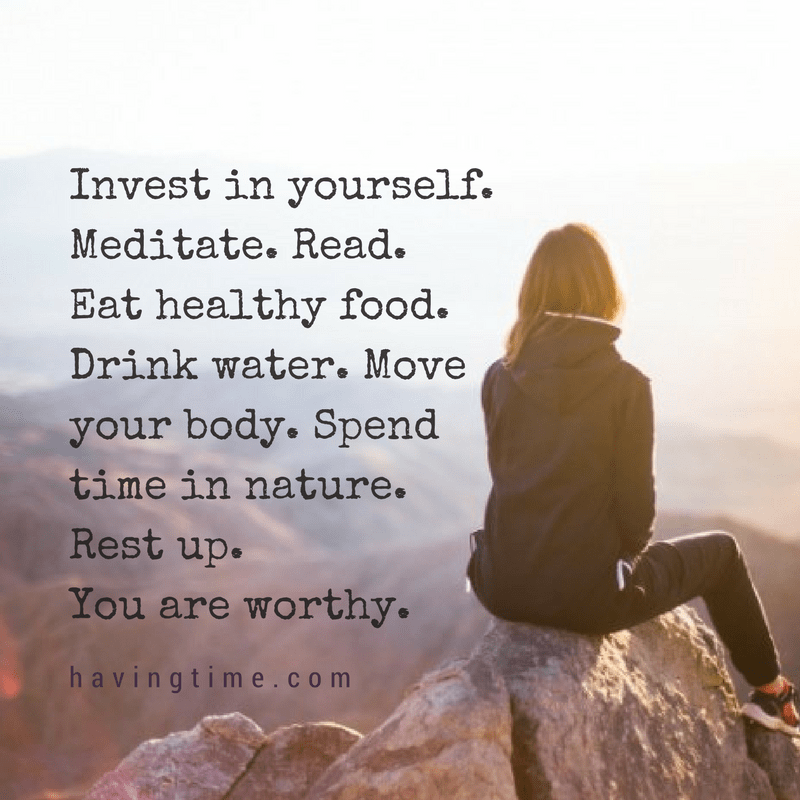
You often see articles on ways to unwind and relax after a stressful day, which I always find useful, but for me the most important advice would be to get to the source of the problem, and cut stress out before it even happens. – Leo Babauta
Stressed out. Busy. Tired. Most of us are. The neighbor who sits next to your cube at work. The person in line ahead of you at the checkout line at the grocery store. Fellow drivers all stuck in traffic during rush hour. Stress becomes our norm insomuch that we can feel somewhat lost without it — as if stress ensures we have purpose and worth. Whether you thrive off or buckle under stress, it is a dangerous toxin to your health, wellness, relationships and professional life.
Data research conducted by the Statistic Brain Research Institute in May 2017 found that nearly 80 percent of people experienced stress-induced physical symptoms and 73 percent experienced psychological symptoms. More than 33 percent of respondents feel they live with extreme stress and almost 50 percent report that stress has a negative impact on their personal and professional life.
You can stand up to stress by eliminating unnecessary pressure in your life, changing daily habits and making the decision to make self-care a priority.
Create a Stress-Free Life Philosophy: 4 Ways to Get Started
1. Say No & Don’t Look Back

Make it OK to say no. This means evaluating your time and prioritizing how you value spending it. No is powerful; yet, can make people feel guilty — guilty about passing on a dinner invitation with friends or pushing back on an unrealistic deadline at work. Assess your work and personal schedules. See where you can cut back on certain obligations and explore time-saving solutions (like signing up for a food delivery service to replace the many tasks involved with cooking).
2. Make (Good) Sleep a Necessity
I strongly believe that busyness should never be a badge of honor. And neither is running off of five hours of sleep or less. Chronic sleep deprivation lowers your ability to be your best self (trust yours truly – the chronic insomniac currently working on improving her quality of sleep and life). The grogginess affects your ability to concentrate, focus and be productive. Your mood, motivation, and relationships suffer as stress builds up. To help improve your sleep hygiene, invest in a quality mattress and bedding. Keep your bedroom cool, quiet and dark, and try to minimize how much technology you use in bed.
3. It’s Time to Make Your Wellbeing a Priority
It’s not selfishness; it’s self-care. It’s not self-indulgence; it’s self-preservation, says NPR. Self-care is a way to cope with (and prevent) stress by taking a break from worries and the to/should-dos. Everyone needs a reboot. This can be alone time, relaxation with family, a workout or taking the time to enjoy activities. You deserve to come first, too.

4. Take Your PTO
Imagine receiving a check in the mail for $100 and never depositing the money. PTO is the same, except the $100 is valuable time to detach from work stress. Project Time Off, a national movement to transform American attitudes and behaviors, found that Americans waste 658 million vacation days. Being overwhelmed and burnt out, yet never taking a day off, can actually lower your productivity. Get away from the office and you can return refreshed and rejuvenated.
Many people who suffer from stress can live a better quality of life by choosing to reduce stress. Make the decision to create a life philosophy that it’s OK to indulge in doing, well, nothing! Life is short, and it’s not worth seeing it pass by drowning in an ocean of busyness. Integrate these tips into this philosophy to emotionally and mentally declutter your life of stressors.


